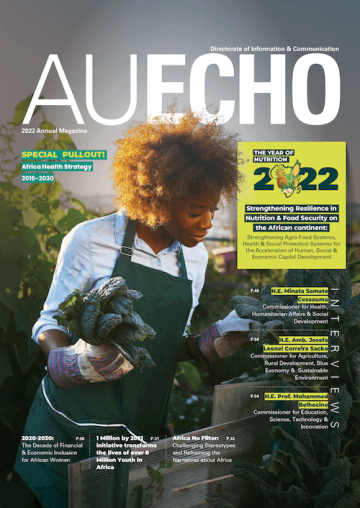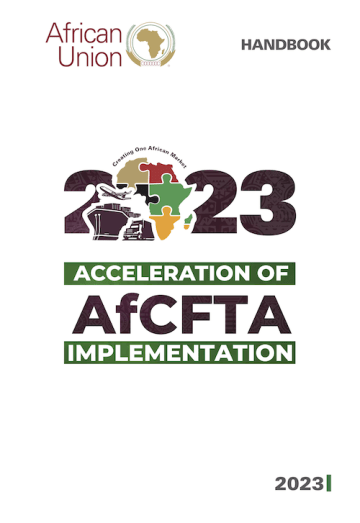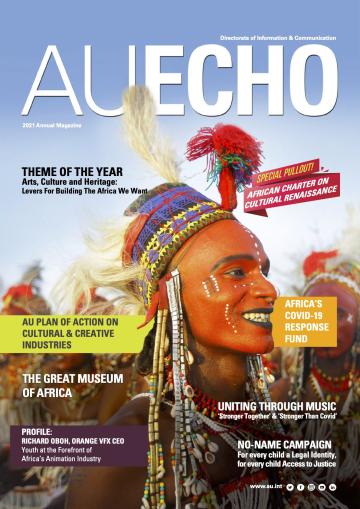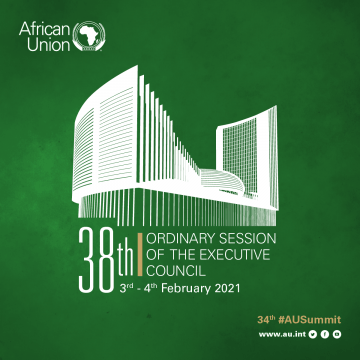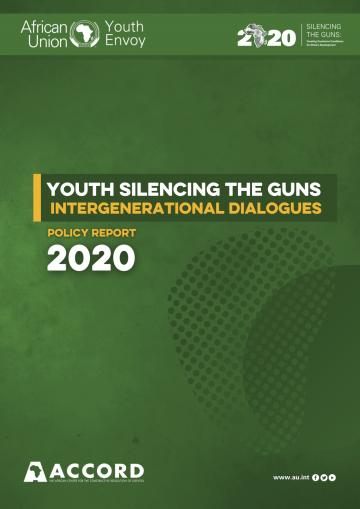Key Resources
February 10, 2022
April 07, 2025
March 17, 2025
- February 14, 2024
- January 12, 2024
- September 10, 2023
- July 16, 2023
- May 12, 2023
- January 20, 2022
-
December 23, 2021
THE YEAR OF NUTRITION - Strengthening Resilience in Nutrition & Food Security on the African continent: Strengthening Agro-Food Systems, Health & Social Protection Systems for the Acceleration of Human, Social & Economic Capital Development
-
August 02, 2021
A handy reference guide that provides key information about the AU System.
-
March 22, 2021
Theme: ‘Arts, Culture and Heritage: Levers for Building the Africa We Want’
-
February 16, 2021
"Levers for Building the Africa We Want"
- February 03, 2021
-
November 13, 2020
Youth Silencing the Guns Intergenerational Dialogues: Policy Report 2020





